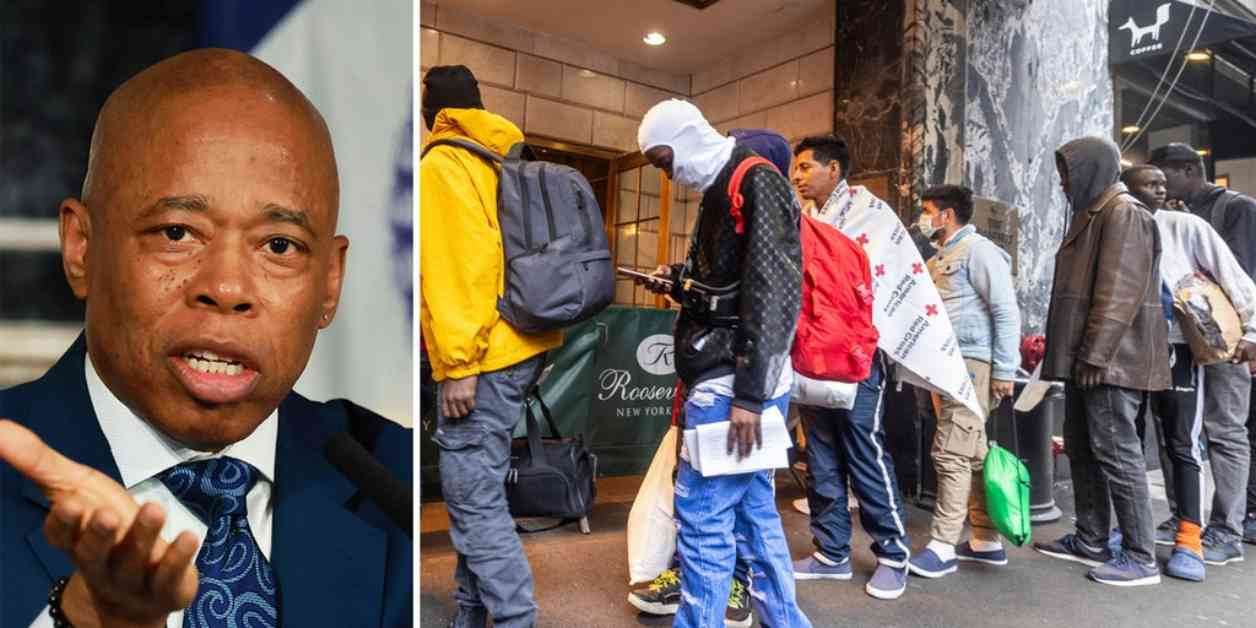New York City officials are proud of a program that gives $350 per week to immigrant families. They think it sets an example for the nation on how to handle the crisis caused by mass illegal immigration. Critics are against the program because they believe it’s not right to give illegal immigrants money from the city’s limited funds. However, officials believe the program is successful.
The city started giving prepaid debit cards to migrant families living in New York City earlier this year. The cards are part of the Immediate Response Cards (IRC) program and are supposed to be used for purchasing essential items like food. The city spokesperson mentioned that the program has helped 900 families and over 1,300 children buy food and baby supplies, contributing around $600,000 back into the city’s economy.
The total amount spent on the program is not clear, but it was reported to be a $53 million pilot program. The program is available to families staying in hotels provided by the city and receiving weekly allowances until the end of their four-week stay. Families of four with two children under five can receive nearly $350 each week. The IRC program is only available to a small percentage of the total migrant population under the city’s care.
Initially, the prepaid cards were distributed at the Roosevelt Hotel in Manhattan where migrant families were staying. Mayor Adams defended the program against misinformation and clarified that it’s not about giving out American Express cards. The program aims to be more efficient by providing food cards instead of delivering food directly to reduce costs.
New York City’s government expects to spend over $10.6 billion on migrants by the summer of 2025. The state has pledged about $2 billion to help cover these costs, but it’s still not enough. With approximately 180,000 migrants arriving in the city since 2022, resources are stretched thin, and finding housing for them has been a challenge. Texas Governor Greg Abbott has even sent asylum-seekers to New York City to bring attention to the crisis.
Overall, the program aims to support migrant families in need while also managing the impact of mass illegal immigration on the city. Despite facing criticism, city officials believe the program is making a positive difference and setting an example for the rest of the nation to follow.




